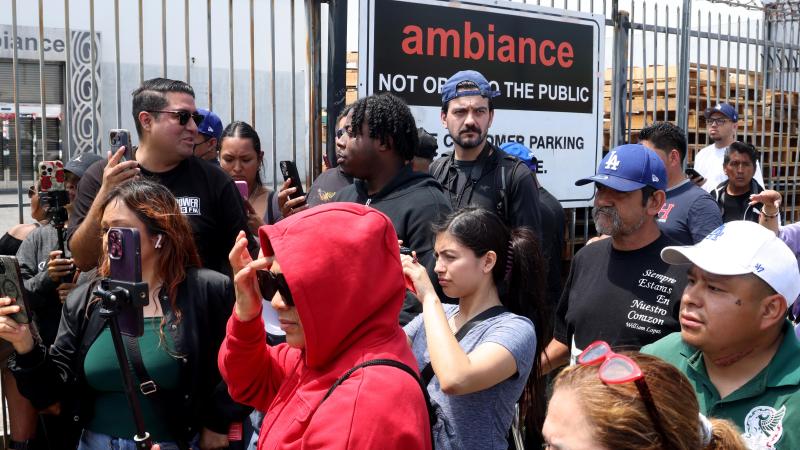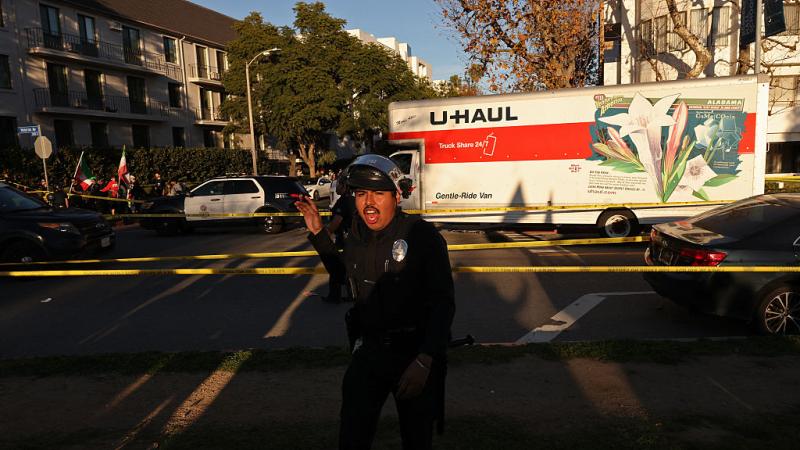California adopts law to consider paying reparations for slavery
A task force will make a series of recommendations to the state legislature about how to effectively conduct a reparations program.
California has adopted a law to study the possibility of paying reparations to descendants of slavery, becoming the first U.S. state to seriously consider doing so.
A nine-member task force will develop policy proposals on the issue and recommend ways the state could provide reparations to American descendants of slavery. The task force must submit its recommendations to the state legislature within a year, though they will not be binding.
"As a nation, we can only truly thrive when every one of us has the opportunity to thrive," Democratic Gov. Gavin Newsom said Wednesday after the initiative was adopted. "California's rich diversity is our greatest asset, and we won't turn away from this moment to make right the discrimination and disadvantages that Black Californians and people of color still face."
The creation of the task force comes after a summer of racial tension across the United States, prompted in part by the May 25 death of George Floyd while in police custody in Minneapolis.
California, which entered the United States in 1850, has always been a free state, although some travelers who went west during the Gold Rush, prior to California's statehood becoming official, brought slaves with them.















